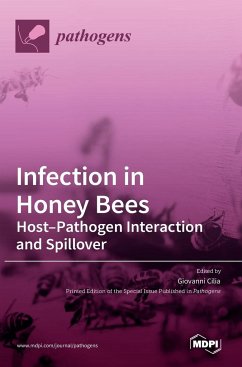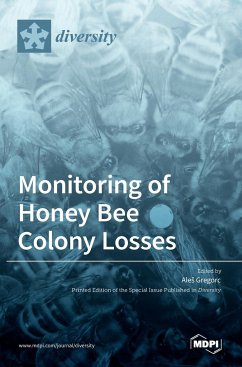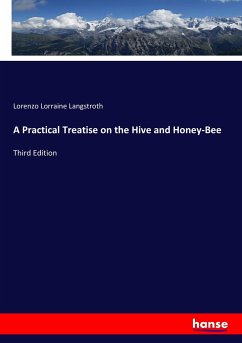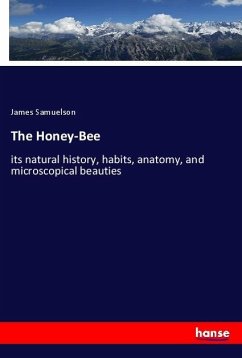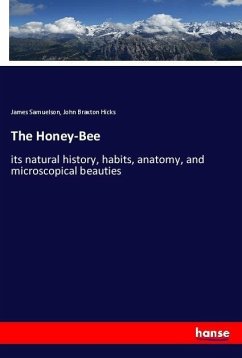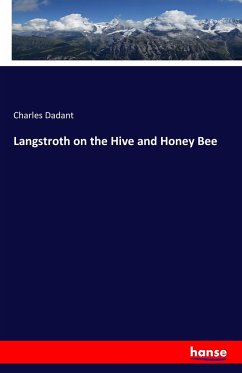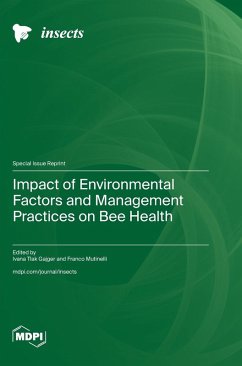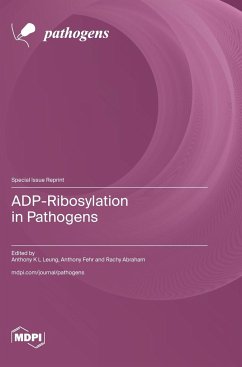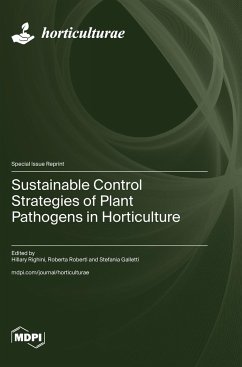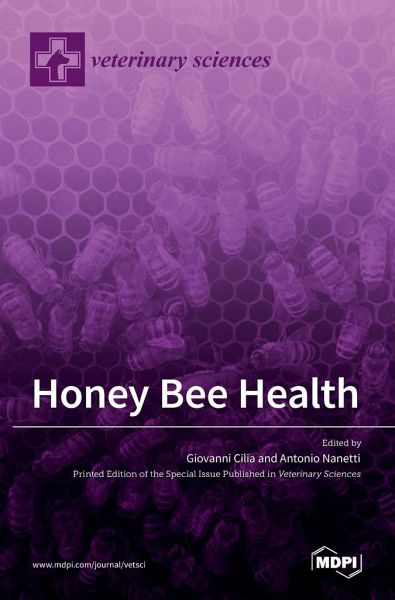
Honey Bee Health
Versandkostenfrei!
Versandfertig in 1-2 Wochen
90,99 €
inkl. MwSt.

PAYBACK Punkte
45 °P sammeln!
Over the past decade, the worldwide decline inof honey bee populations has been an important issue duebecause toof its implications for beekeeping and honey production. Honey bee pathologies are continuously studied by researchers, in order to investigate the host-parasite relationship and its effect on honey bee colonies. For these reasons, the interest of the veterinary community towards this issue has increased recently, and honey bee health has also become a subject of public interest. Bacteria, such as Melissococcus plutonius and Paenibacillus larvae, microsporidia, such as Nosema apis an...
Over the past decade, the worldwide decline inof honey bee populations has been an important issue duebecause toof its implications for beekeeping and honey production. Honey bee pathologies are continuously studied by researchers, in order to investigate the host-parasite relationship and its effect on honey bee colonies. For these reasons, the interest of the veterinary community towards this issue has increased recently, and honey bee health has also become a subject of public interest. Bacteria, such as Melissococcus plutonius and Paenibacillus larvae, microsporidia, such as Nosema apis and Nosema ceranae, fungi, such as Ascosphaera apis, mites, such as Varroa destructor, predatory wasps, including Vespa velutina, and invasive beetles, such as Aethina tumida, are "old" and "new" subjects of important veterinary interest. Recently, the role of host-pathogen interactions in bee health has been included in a multifactorial approach to the study of these insects' health, which involves a dynamic balance among a range of threats and resources interacting at multiple levels. The aim of this Special Issue is to explore honey bee health through a series of research articles that are focused on different aspects of honey bee health at different levels, including molecular health, microbial health, population genetic health, and the interaction betweenwith invasive species that live in strict contact with honey bee populations.



